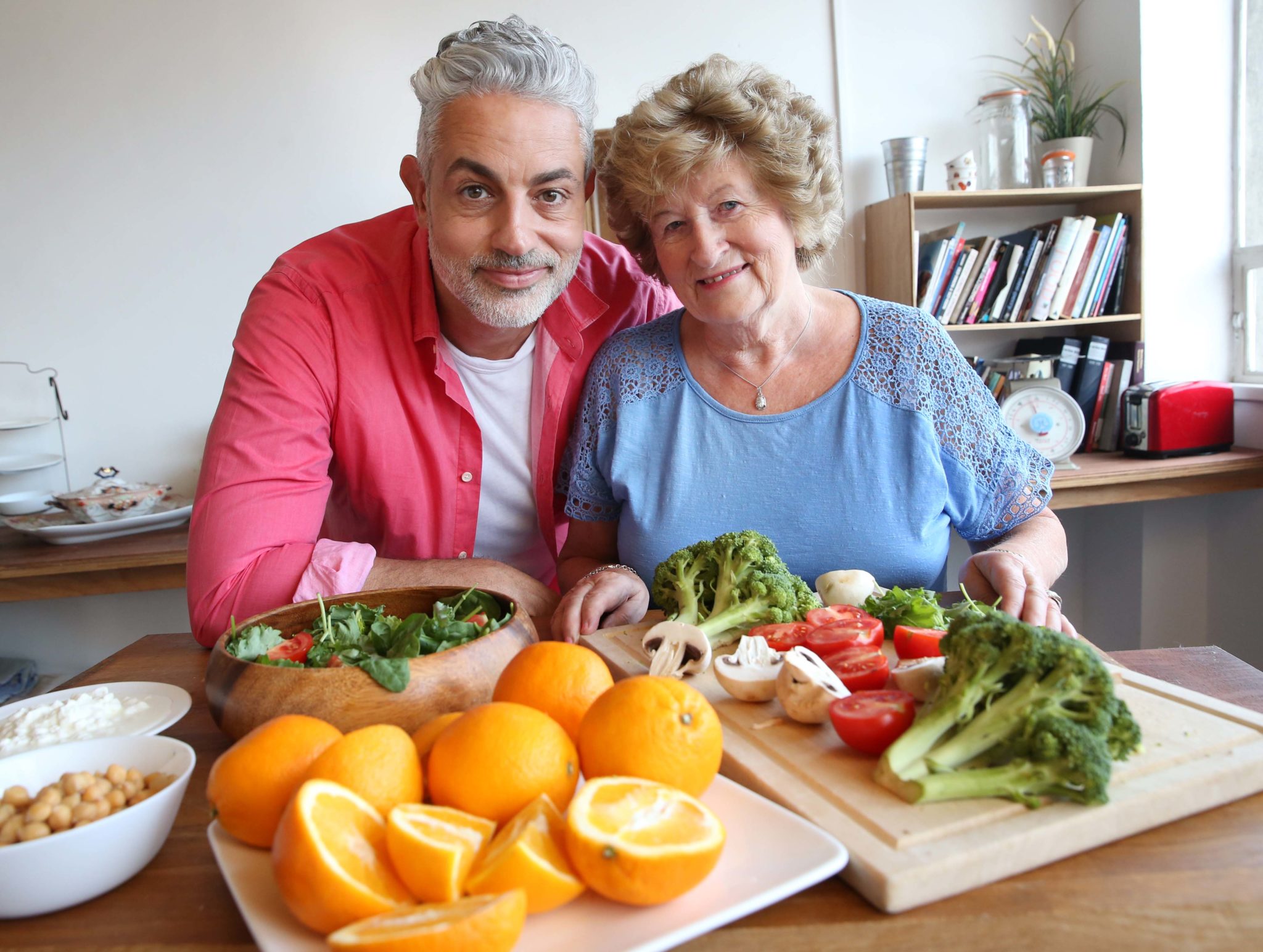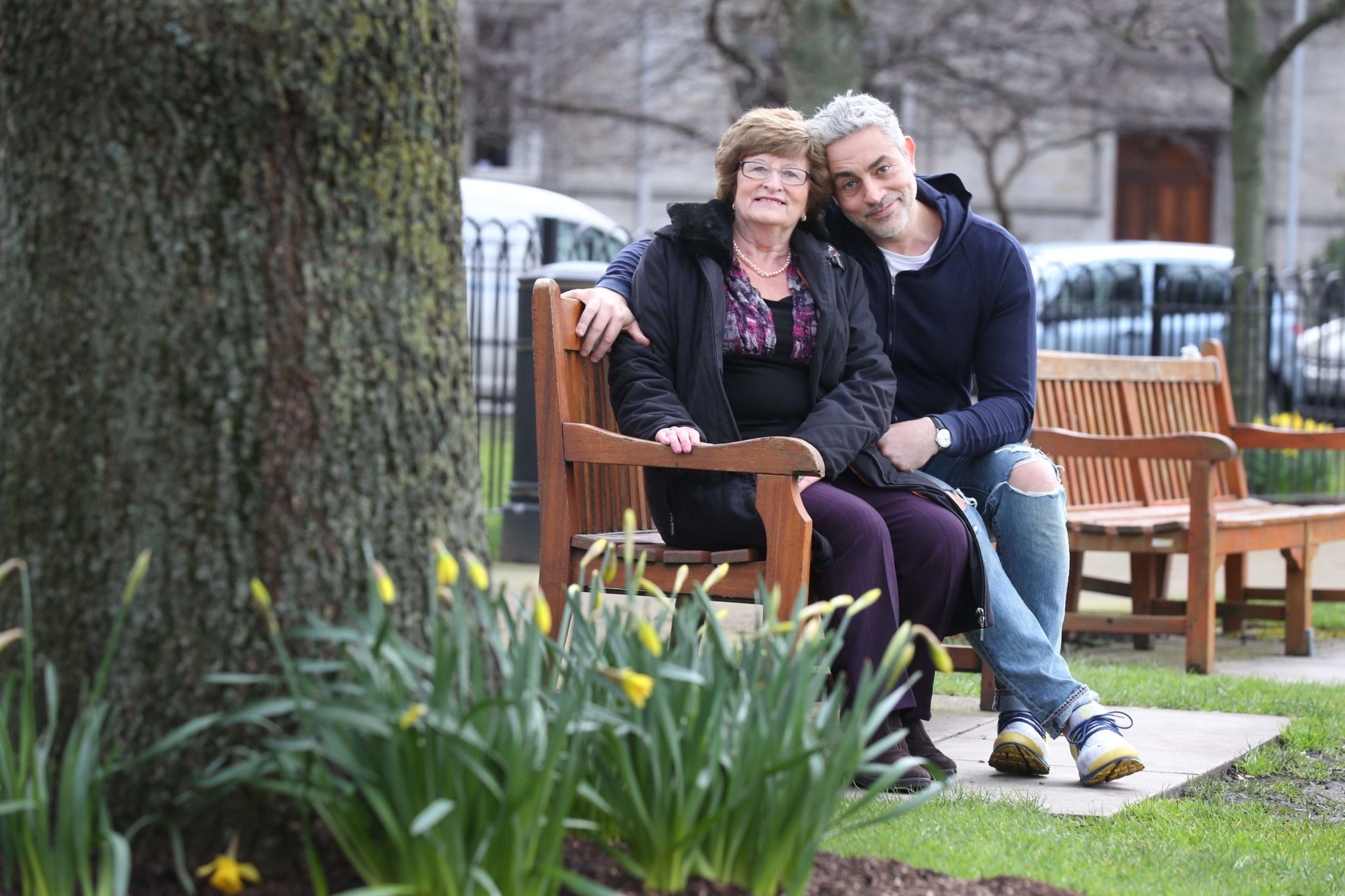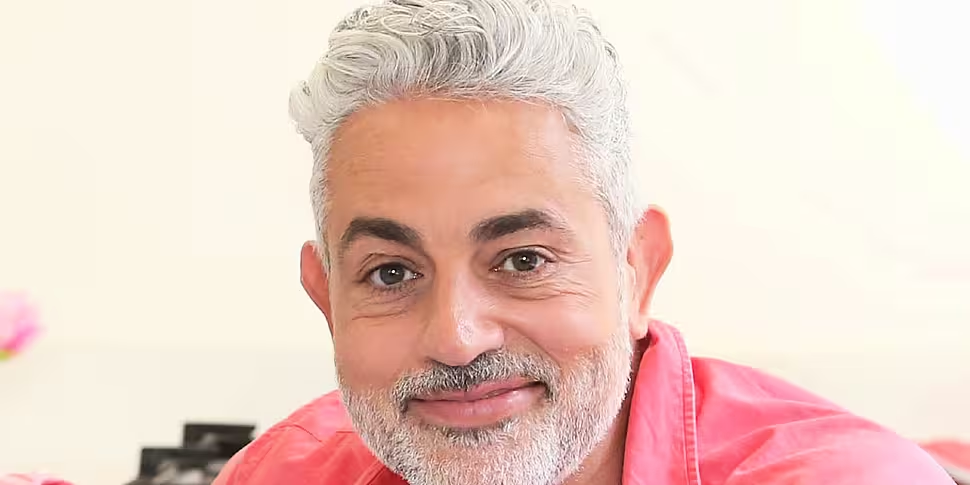Ireland is in a good space when it comes to racial integration after a “mind-blowing” progression over the last 30 years, according to TV presenter Baz Ashmawy.
On The Hard Shoulder this evening, the ‘50 Ways to Kill Your Mammy’ star said his children are growing up in a very different country to the one he experienced when he first arrived here.
Ashmawy, who was born in Libya to an Irish mother and an Egyptian father, said Ireland is changing all the time.
“I think Ireland is doing fairly well,” he said. “It is a welcoming country. Even someone like my sister, who moved from Cairo five years ago … now compared to five years ago, everybody knows about Ramadan, everyone has a good grasp of it – she can even notice the difference in just five years.
“I think a lot of Irish people just hadn’t met a Muslim woman before. I had one friend and the whole night he just asked her about her hair – what was underneath her turban, how long was it and how he could see it – he just became obsessed with it, in an excited way.”
He said education about different cultures and religions is key to ensuring Ireland can now “take that next step.”
“The only way you do that is by integration, by your daughter learning about other cultures and making friends,” he said. “It is adding to that tapestry, that’s how I see it anyway.
“It’s funny, my eight-year-old, she doesn’t see colour or race at all which, to me, is a great thing.
“I was like, thank god for Phil Lynnot and Paul McGrath back in the day and look at me, I'm only eggshell coloured – but there doesn’t seem to be that separation anymore. It doesn’t seem to be as harsh as it was before.”
 Baz and Nancy Ashmawy launching the Dishes for Density campaign, 23-09-2018. Image: Leon Farrell/RollingNews
Baz and Nancy Ashmawy launching the Dishes for Density campaign, 23-09-2018. Image: Leon Farrell/RollingNewsAshmawy said policymakers need to understand the difference between “multi-cultural and multi-ethnicity” if we are to ensure people from all over the world can continue to integrate into Irish culture.
“There is a big difference between multi-cultural and multi-ethnicity,” he said.
“Multi-cultural is where you have pockets of different cultures living separately. I did a show before in the UK and if you travel to Bradford and you knock on the doors, 17% of people who answer the door can’t speak English and sometimes that can even be second generation.
“That is difficult for integration in my opinion. That is not what I think Ireland would want to try and build as a society.
“Multi-ethnicity on the other hand is where you have lots of different cultures working and living beside each other with their weave being a somewhat complex and beautiful, diverse fabric – adding to the tapestry of the definition of what it is to be Irish I suppose in a way.”
 Mother and son duo Nancy and Baz Ashmawy in Dublin, 03-03-2016. Image: Leon Farrell/Photocall Ireland
Mother and son duo Nancy and Baz Ashmawy in Dublin, 03-03-2016. Image: Leon Farrell/Photocall IrelandHe said modern Ireland has to be about welcoming new people into the Irish identity.
“It always comes down to identity and belonging,” he said. “I suppose it is a sense of community and a sense of tribe but that is literally done through integration and people adding to it and also understanding the Irish culture.
“It is a two-way thing. It has to be understood from both sides because the famous one I grew up with was, ‘you don’t look Irish.’ Well, I suppose now the question is, ‘what does Irish look like to you?’ Maybe that’s the kind of question.
“It is not an easy transition but I think Irish people … I think we are progressive; I think we really are as much as we like to slag ourselves off about it all but I think we’re moving in the right direction. I think it is in a good space.”
He said Ireland’s progression over the last 30 years has been “mind-blowing.”
“It is a completely different culture,” he said. “I think Ireland is a great country to live in for everybody; I really do. I really believe that.”
You can listen back here:









